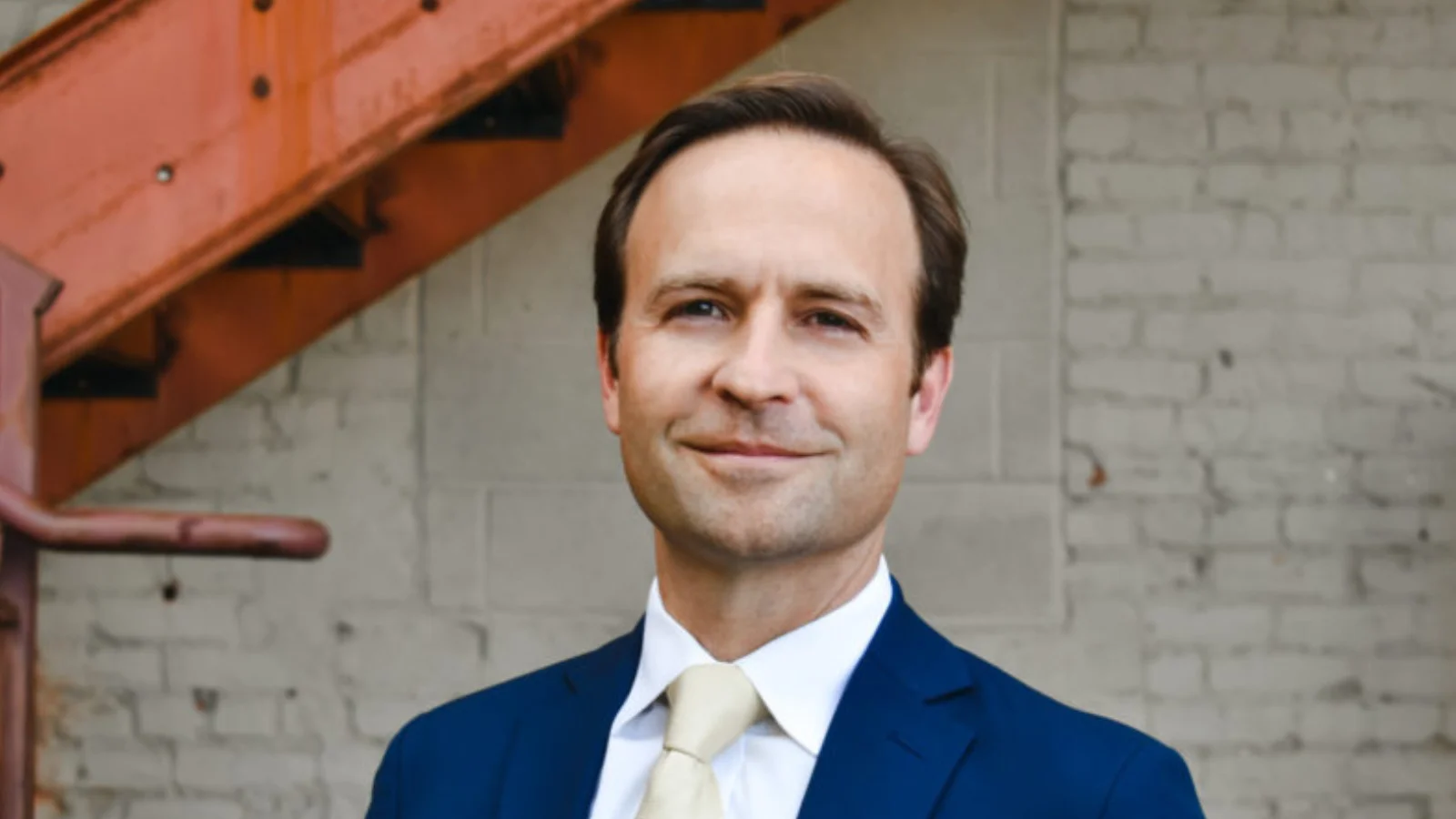Brian Calley, President and CEO | Small Business Association of Michigan
Brian Calley, President and CEO | Small Business Association of Michigan
The Michigan Senate has approved a set of bills aimed at accelerating the permitting process for carbon capture and storage (CCS) projects within the state. The legislation, comprised of SB 394, SB 395, and SB 396, enables the state's environmental department to oversee CCS permits—a role previously held exclusively by the federal Environmental Protection Agency (EPA). Under these new provisions, operators could be charged up to 32 cents per ton of CO2 injected underground.
CCS technology allows industries such as automotive manufacturing, cement production, and natural gas plants to convert carbon dioxide emissions into a liquid-like form and store them deep underground. The passage of these bills follows Michigan’s renewable energy mandates signed in fall 2023, which require electricity providers to transition to 100 percent “clean energy” by 2040. Natural gas plants can meet this mandate if they utilize CCS with at least a 90 percent capture rate.
Supporters argue that Michigan’s experience with injection wells—used safely for decades—supports the safety and feasibility of expanding CCS operations. "I do not support the energy mandates approved by Michigan Democrats here a few years ago, but I support this legislation," said Sen. Thomas Albert (R-Lowell) during Thursday’s vote. "Injection wells have been utilized in Michigan for many decades and have been done safely. These wells are thousands of feet below the Earth’s surface, underneath many layers of impenetrable substrate formations."
Albert added that the new laws could enhance productivity in oil and gas extraction while boosting state revenue. However, he also noted that existing policies prevent oil production using CCS from being counted as “clean energy.” He continued: "I have mixed feelings about this bill. On one hand, the policy itself makes practical sense. On the other hand, looking at the bill in the context of our current energy policies in Michigan, the benefits become more convoluted... I support this bill based on its own merits. That being said, I look forward to seeing our unsustainable energy policies repealed next term."
Not all lawmakers were convinced. Senators Rosemary Bayer (D-Keego Harbor), Stephanie Chang (D-Detroit), Erika Geiss (D-Taylor), Jeff Irwin (D-Ann Arbor), Jonathan Lindsey (R-Coldwater), Ed McBroom (R-Waucedah Twp.), and Sue Shink (D-Dexter) opposed SB 394 and SB 396; all except Lindsey also voted against SB 395.
Senator Irwin described carbon capture as an expensive and potentially risky endeavor: "It is certain to keep the party going for fossil fuel companies who don’t want to reckon with the damage to our health and our climate that their operations are causing," Irwin said. "If we’re using more carbon, generating more pollution just to put this other pollution under the ground, that’s a foolish tradeoff, and we shouldn’t allow it here in Michigan."
Several proposed amendments failed during deliberations. McBroom sought to limit rule-making authority by imposing a sunset after twelve years; he also suggested allocating state revenues from CCS projects toward local road repairs through a dedicated fund. Shink advocated for stricter criteria allowing regulators to reject applicants over environmental or public health concerns and wanted operators held liable for fifty years after final CO2 injection. Both Shink and Bayer pushed for higher fees—$1.20 per ton—for CO2 injections.
Lindsey questioned whether federal tax incentives were driving legislative interest: "I think the reason why we’re doing what we’re doing today is because of federal tax credits. It’s because some people are going to get enormously wealthy from tapping into this scheme of carbon sequestration." He argued influential figures were pushing for rapid approval due to financial interests rather than environmental need: "The people will be paying the cost of this... And I will not buy into the environmental alarmism of how bad could carbon sequestration be, but I will point out, it’s a fair concern."
Industry groups welcomed Senate approval of these measures. The MI Success coalition—which includes Hemlock Semiconductor, DTE Energy (https://www.dteenergy.com/), Consumers Energy (https://www.consumersenergy.com/), Dow (https://corporate.dow.com/en-us.html), Hemlock Semiconductor (https://www.hscpoly.com/), Michigan Chemistry Council (https://www.michiganchemistry.com/), and labor organizations—issued a statement through spokesperson John Sellek: "Michigan no longer has to stand by watching neighboring states protect their air with this high-tech technology while also snagging economic investment and good-paying jobs... We thank the Senate for approving the three-bill legislation and look forward to House action."






 Alerts Sign-up
Alerts Sign-up